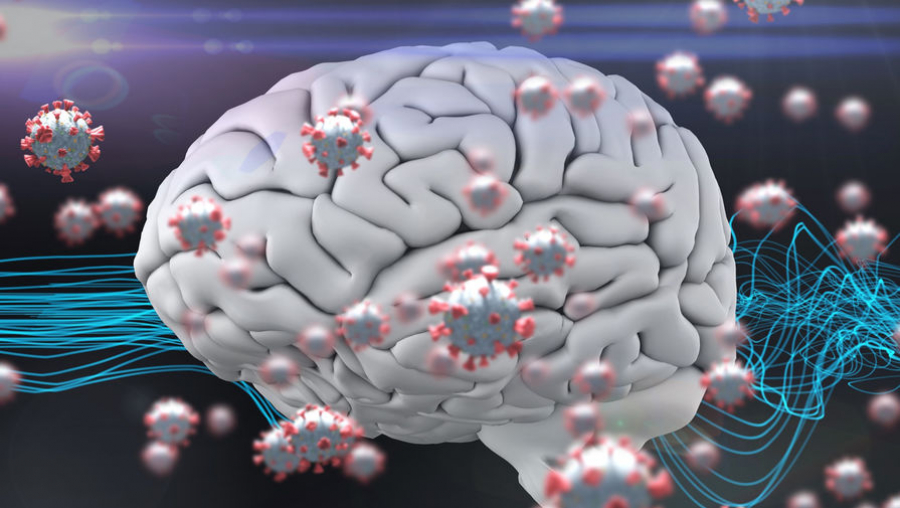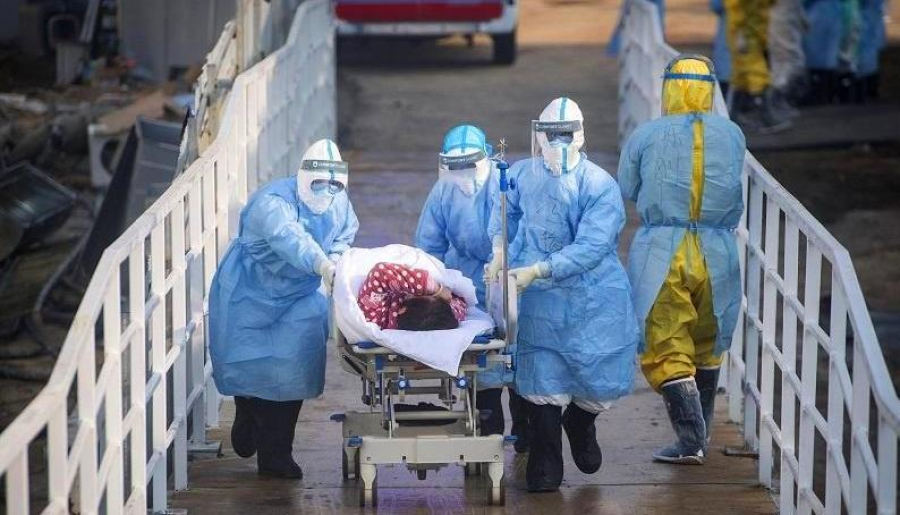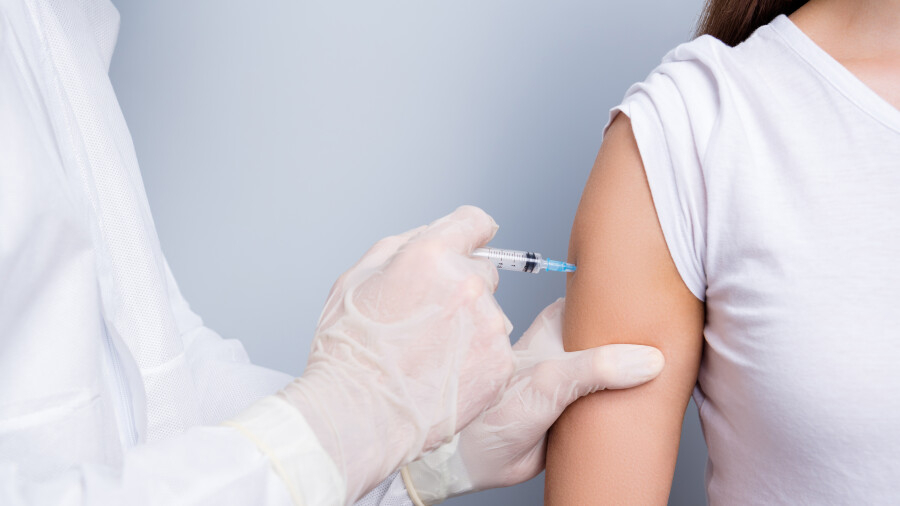
People who have fully recovered from coronavirus can receive the vaccine. The effectiveness of combining two different vaccines is negligible. Vaccinated women can plan a pregnancy as early as two months later. Alcohol slows down the formation of antibodies. Experts in Kazakhstan answered the most pressing questions related to the vaccination drive, which are now actively discussed in society.
“To get vaccinated against COVID-19 means, first of all, to protect those who cannot be vaccinated for various reasons. These are children, people with disabilities, pregnant women. Therefore, I think that the most important task for our population is to break the chain of the virus transmission. There are a lot of questions about whether vaccines can cause diseases. No, they cannot, because they are not live vaccines. Antibodies begin to develop 35 to 45 days after the second dose,” said Lyazzat Yeralieva, Deputy Director for Clinical and Academic Affairs at the National Scientific Center of Phthisiopulmonology.
To date, more than 121,000 people in Kazakhstan aged over 60 have begun the immunization course. Among them are 32,314 people with chronic diseases. Nearly 8,000 received both components. According to experts, no serious negative effects from the vaccine were recorded in the country.
“To date, there were no serious adverse effects after the immunization. 0.4 percent of those who received the vaccination reported the expected reactions: local and general, in the form of flu-like symptoms, a rise in temperature, a short-term rise in blood pressure, redness and soreness at the injection area,” noted Manar Smagul, spokesperson for the National Centre for Sanitary and Epidemiological Expertise.
Overall, more than 823,000 people in the country received the first component of the vaccine, over 132,000 – the second. From April 26, those willing will be able to get a Kazakh-made vaccine. 50,000 doses of the vaccine were delivered to the regions.









